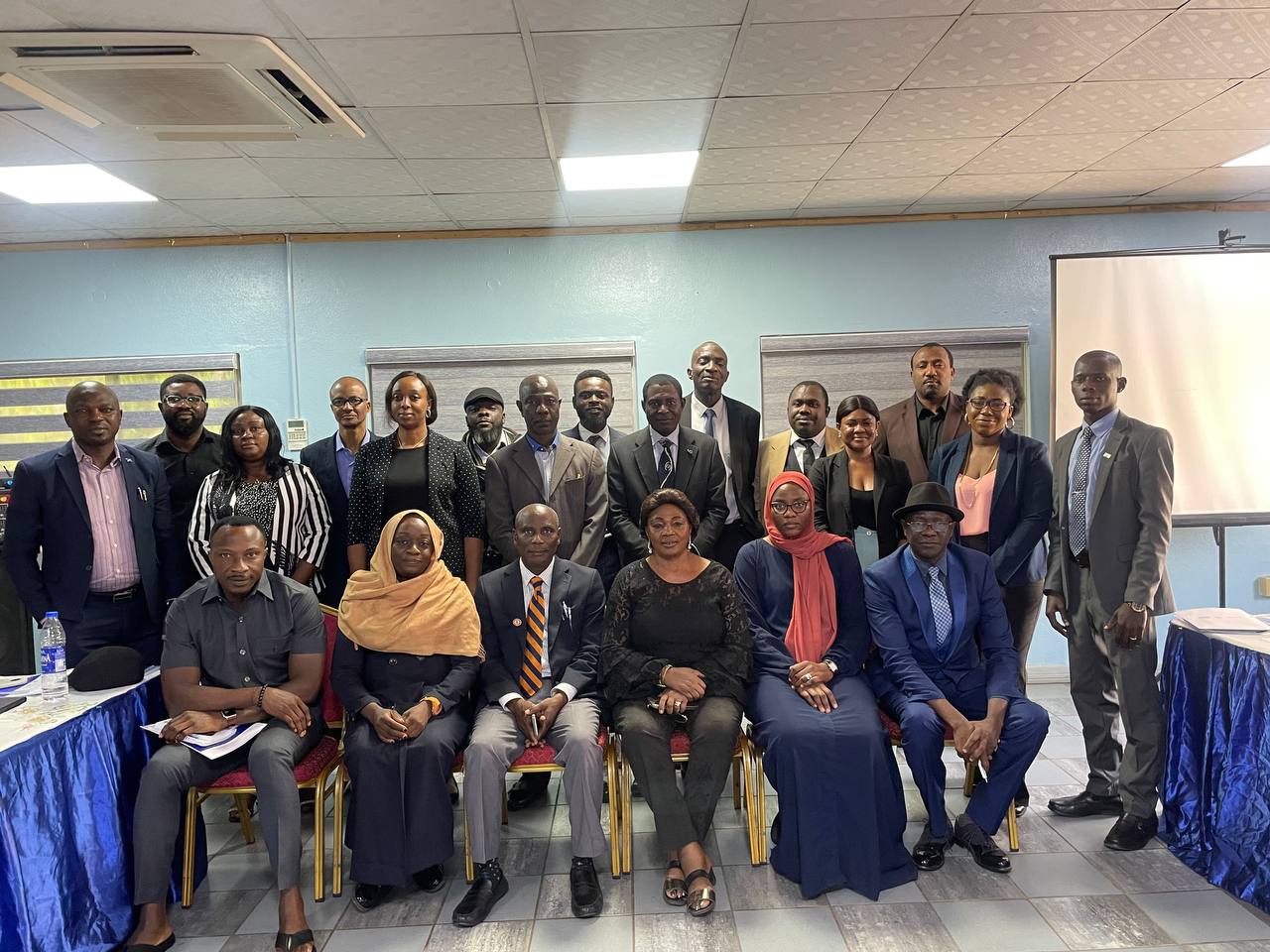In collaboration with the Administration of Criminal Justice Monitoring Committee and the Rule of Law and Anti-Corruption (RoLAC), the Center for Fiscal Transparency and Integrity Watch (CEFTIW) has organized a workshop to build the capacity of Law Enforcement Agencies (LEAs), Anti-Corruption Agencies (ACAs), and Civil Society Organizations (CSOs) in the criminal justice system on the newly passed anti-corruption laws viz: the Proceed of Crimes (Recovery and Management) Act 2022, Money Laundering (Prevention and Prohibition) Act 2022 and the Terrorism Prevention and Prohibition Act 2022.

The workshop was also to further familiarize key stakeholders with the passed laws and appraise LEAs’ implementation after about six months, and had participants from the Economic and Financial Crimes Commission (EFCC), Independent Corrupt Practices Commission (ICPC), Nigeria Financial Intelligence Unit (NFIU), Department of State Services (DSS), National Agency for the Prohibition of Trafficking in Persons (NAPTIP), Nigeria Security and Civil Defence Corps (NSCDC), Nigerian Correctional Services (NCS), Code of Conduct Bureau (CCB), Nigerian Law School, Federal Ministry of Justice (FMOJ), Legal Aid Nigeria, National Assembly (NASS), Sharia Court of Appeal, FCT among others.
Feedback from the session points to the need to enhance the knowledge of LEAs on key provisions of the Acts that would change the dynamics in the fight against corruption.
Concerns were raised over the uncoordinated nature of the implementation of the Acts, especially the POCA and MLA, and the supervisory Ministry (the FMOJ) is urged to harmonize the process through a central database that would coordinate the activities of relevant agencies. On its part, the Central Bank of Nigeria (CBN) is also implored to strengthen its oversight function in the regulation of financial institutions to prevent illicit financial flow through the Bureau De Change channels which the law classified as a financial institution.
The workshop, while decrying the non-prosecution of suspected terrorism cases, observed the need for further technical sessions for practitioners to properly understand the new laws and identify lacunas that should be escalated through the FMOJ for onward transmission to the National Assembly for amendment.
The Center believes that the anti-corruption laws have the potential to positively impact the fight against corruption, but stakeholders, especially the LEAS and ACAs must internalize the letters and spirit of the laws so they can effectively utilize them for justice and combat corruption.
A major gap identified is the need for continuous capacity development of practitioners, hence, the Center is calling on development partners to support more training and technical sessions that would lead to proper implementation of the Acts.

